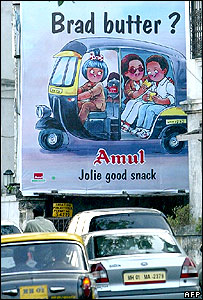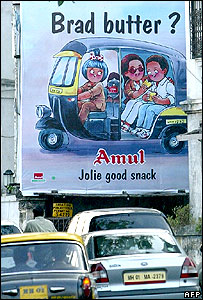The new language of Internet: A report on the Chutnefying Hinglish Conference
-
RAW

9 April 2024
In January of 2009, Dr. Rita Kothari, at the Mudra Instituteof Communications, Ahmedabad, organised the first global conference called “ChutneyfyingEnglish”, calling in various stakeholders from different walks of life –academics, scholars, researchers, actors, cultural producers, authors andconsumers to critically examine the growing phenomenon of Hinglish and how itintersects with our globalised lives. The two day conference brought together aseries of presentations, ranging from academic papers to lively round tablediscussions to panels that looked at the different manifestations of Hinglishand the political and aesthetic potential of this particular form. Scholarslike Rita Kothari, Harish Trivedi, Nishant Shah, Daya Thussu, Shanon Finch andRupert Snell were complemented by cultural producers like Nandita Das, R. RajRao, and Shuchi Kothari. Literary stakeholders like UrvashiBhutalia, Bachi Karkaria, and Tej Bhatia rubbed shoulders with more mainstreampractitioners like Prasoon Joshi, Mahesh Bhatt and Cyrus Broacha.
The Centre for Internet and Society was an institutionalpartner for the event, and supported the panel on New Media, which saw fourpaper presentations and a discussion moderated by Nishant Shah, DirectorResearch at the CIS. The panel explored diverse presentations from MattangiKrishnamurthy, Pramod Nair and Supriya Gokarn, who looked at the diverse waysin which the rise of Internet and digital technologies is not only changing theways in which people express themselves, but they are also leading to complexways in which new conditions of identity, consumption and politics aremanifesting themselves. Nishant Shah responded to the panel by positing theidea of Hinglish as a paradigm, rather than a set of characteristics, whichgoes beyond the questions of language and actually resides in the aestheticconditions of the internet technologies.
A photographic documentation of the event with anintroduction by Dr. Rita Kothari, the chief organiser and curator for theconference is now available for a free download here
Legacy URL: https://cis-india.org/news/Hinglish
